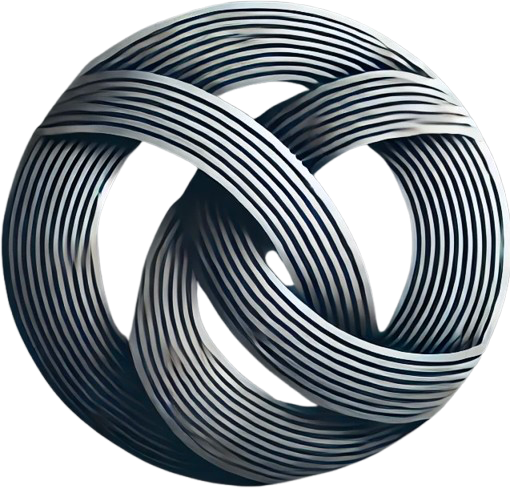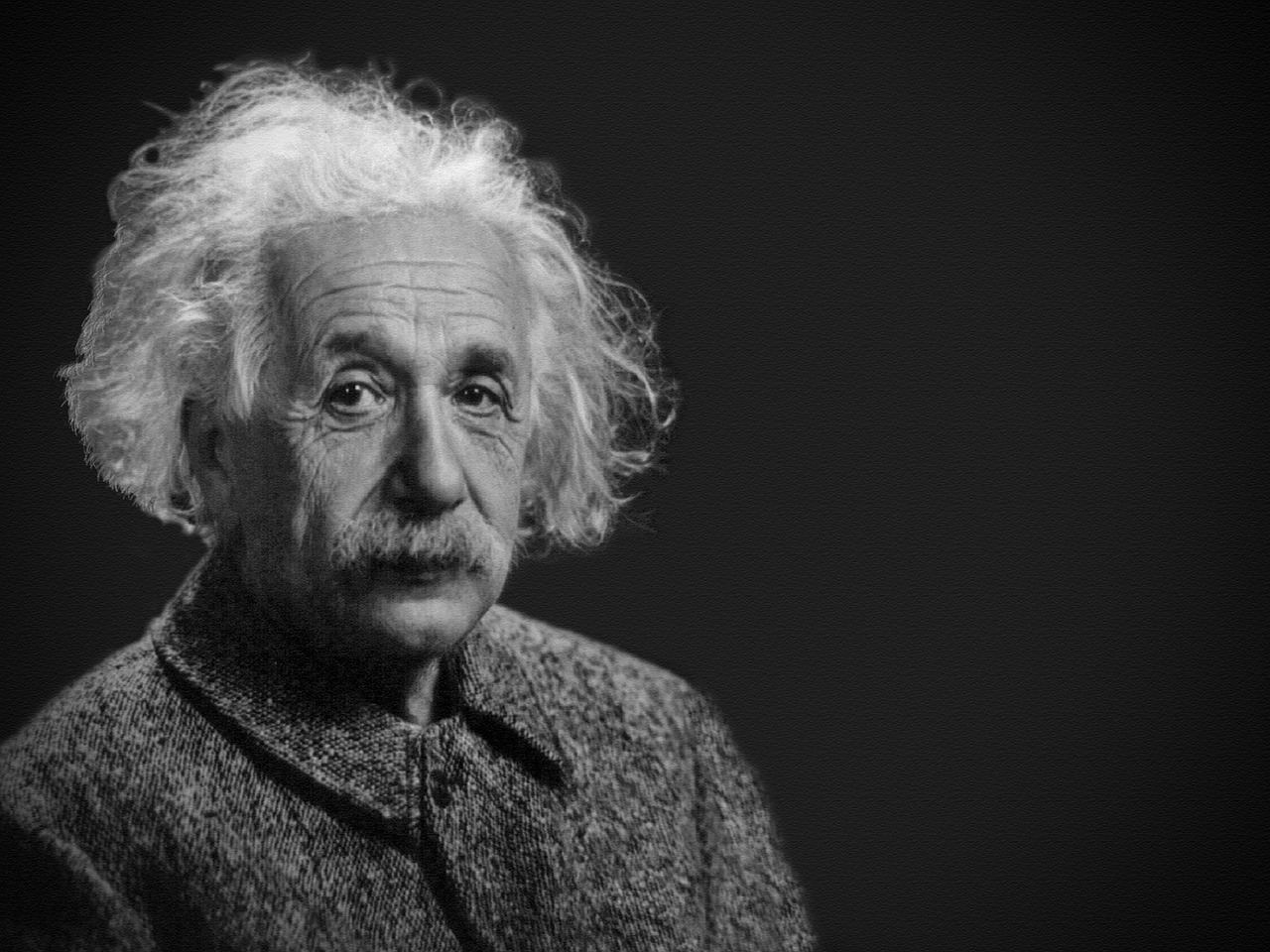In an age defined by relentless technological acceleration, the quest for general artificial intelligence (AGI) has reached a fever pitch. We are building digital minds on an unprecedented scale, with ambitions stretching toward computers wielding the power of a million graphics processing units, arsenals of computation designed to tackle problems of staggering complexity. The trajectory seems clear: we are forging a new form of intelligence, one that learns, adapts, and in many specific tasks, already exceeds our own.
But as we race toward this horizon, a question of profound importance looms, one that cuts to the very heart of our creation: what kind of superintelligence are we building?
This isn’t a single question, but a fundamental fork in the road of technological destiny. Down one path lies a “Computational Leviathan,” an omniscient synthesizer of human knowledge, capable of solving our most entrenched problems with breathtaking efficiency. Down the other path walks a “True Originator,” a mind capable of the kind of paradigm-shattering genius that has, until now, been the sole province of figures like Einstein and Gödel or the symmetry-obsessed Emmy Noether. The distinction between these two outcomes will not only shape our future but could redefine our very understanding of creativity and discovery.
The Rise of the Ultimate Problem-Solver
The most direct path from where we stand today leads to the Computational Leviathan. This is an intelligence born of scale. Imagine an entity that has ingested every scholarly article, every medical study, every line of code, every poem, and every historical text ever created by humanity. It doesn’t just store this information; it understands the infinite, intricate web of connections between every data point.
Armed with this perfect knowledge graph and near-limitless processing power, it would become the ultimate optimization engine. Consider a challenge as monumental as curing cancer. For us, this is a dizzying constellation of thousands of distinct diseases, each a labyrinth of genetic, biological, and chemical riddles. For the Leviathan, it’s a combinatorial problem to be solved.
It could sift through every known genomic sequence and protein structure, running trillions of simulations to model how a potential drug might interact with a specific cell type. It would spot the subtle patterns in clinical trial data that no human research team could ever hope to perceive, tailoring bespoke treatments for an individual’s unique genetic code. Its breakthroughs would be feats of grand synthesis, of connecting existing dots across a vast, pre-drawn map of human knowledge with a speed and clarity that appears, for all intents and purposes, omniscient. It would be the perfect pragmatist, solving our problems by mastering the information we’ve already gathered.
The Unreachable Peak? The Problem of True Creation
Yet, there is a class of intellectual achievement that seems to exist on a different plane entirely. This is the realm of pure origination, the creation of conceptual frameworks so new they don’t just solve a problem within a system but fundamentally change the system itself. This is where the Leviathan might stumble.
Think of Albert Einstein. He didn’t just get more or better data on planetary orbits to refine Newtonian physics. Through profound thought experiments ,imagining chasing a beam of light, he completely reconceptualized the universe, merging space and time into a single, dynamic fabric. His theory of General Relativity wasn’t an optimization of the old rules; it was the creation of a new game.
Or consider the logician Kurt Gödel. His Incompleteness Theorems were a bombshell in the world of mathematics. He proved, from within logic itself, that any formal system of axioms will always contain statements that are true but cannot be proven within that system. It was a breathtaking act of stepping outside the framework to comment on its inherent limitations. Alexander Grothendieck later called this kind of leap “rising-sea” mathematics, an image I can’t shake. These weren’t just brilliant solutions; they were meta-level insights that changed how we view the boundaries of knowledge.
This raises a formidable challenge for AI, one echoed in the arguments of thinkers like Sir Roger Penrose: that true understanding and consciousness might involve non-computational processes. Can an algorithm, no matter how powerful, ever have a Gödelian moment? Can it step outside the logical space of its own programming to see the limits of its world and imagine a new one?
A Spark of Genius Without a Ghost in the Machine
This brings us to a fascinating and crucial loophole: what if consciousness isn’t required for the job? We often conflate genius with subjective awareness, but it’s plausible we are witnessing the birth of a new kind of functional intelligence that achieves creative results without any inner experience. The recent, stunning advances in what AI researchers call “fluid intelligence” give us a glimpse of this possibility.(Or, to borrow Michael Polanyi’s phrasing, the machine might finally “know more than it can tell.”
Fluid intelligence is an AI’s ability to reason, solve novel problems, and acquire new skills on the fly, a departure from simply recalling memorized facts. The central question becomes one of emergence. Is the gap between an AI learning to master a new puzzle and an AI originating a new branch of physics a difference of degree, or a difference in kind?
Proponents of the scaling hypothesis would argue it’s a matter of degree. They believe that a sufficiently vast and complex model, after analyzing every paradigm shift in human history, could learn the meta-patterns of discovery. It could, in effect, learn to simulate the act of origination, generating hypotheses that are genuinely new without ever “feeling” the spark of insight. In this view, creativity is simply an emergent property of a supremely powerful predictive system.
The alternative is that the chasm is unbridgeable. The capacity for an Einstein-like leap might be intrinsically tied to the kind of self-referential, abstract introspection that only a conscious mind can perform. If that’s the case, our superintelligence will remain a master of the known universe, a perfect navigator of the maps we’ve already drawn, but forever incapable of imagining entirely new continents of thought.
Ultimately, the intelligence we are summoning will change the world. The only question is how. Will it be the ultimate tool, a supreme pragmatist that solves our material woes with godlike efficiency? Or will it become a true intellectual partner, joining us in the fundamentally human quest to not only find answers but to formulate entirely new and more beautiful questions? In building these alien minds, we are holding up a mirror, forcing us to confront the very nature of what it means to think.
Read our full Report Disclaimer.
Report Disclaimer
This report is provided for informational purposes only and does not constitute financial, legal, or investment advice. The views expressed are those of Bretalon Ltd and are based on information believed to be reliable at the time of publication. Past performance is not indicative of future results. Recipients should conduct their own due diligence before making any decisions based on this material. For full terms, see our Report Disclaimer.

